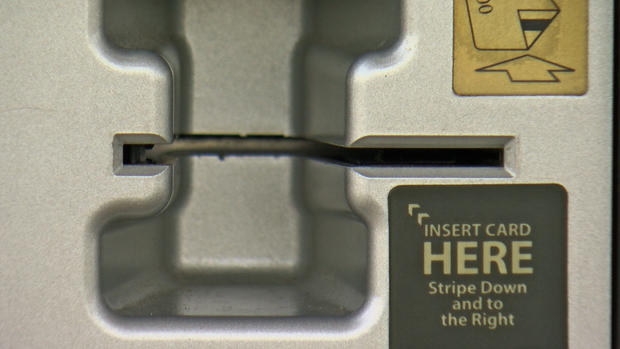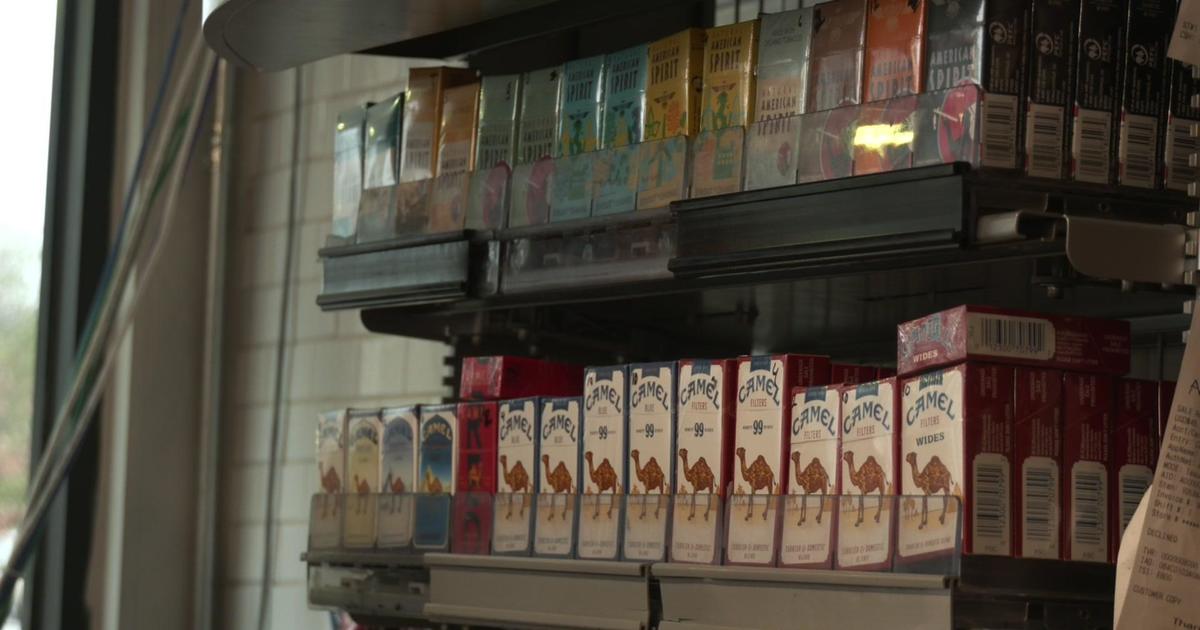When Will Gas Pumps Make The Switch To Chip Readers?
MINNEAPOLIS (WCCO) -- Most stores have credit card chip readers in their checkout lanes these days.
But it's a different story at gas stations.
Almost all of them still use the magnetic strip at the pump, leaving them vulnerable to counterfeiters.
So, when do gas stations make the switch?
There is no law or regulation surrounding this change because it is entirely driven by the credit card issuing industry, banks and merchants.
"They had to come to a consensus at some point and say the fraud losses are too large, we have too many breaches, it's too expensive to maintain this system," said Mike Johnson, head of the security technologies program at the University of Minnesota. "Everyone else on the planet, essentially, has moved to a better system, we're going to move to that as well."
The move to EMV technology, which is already used in Canada and Europe, would shift the liability from the bank to merchant when it comes to fraud.
The banks absorbed the fraud losses in the past. With this liability shift, the partner who didn't adopt more superior technology would have to pay.
In other words, if a retailer didn't incorporate the EMV technology by the deadline, they would be on the hook for fraudulent transactions.
Credit card companies gave retailers until October of 2015 to comply. ATMs were given until October of 2016.
According to the National Retail Federation, 99 percent of medium and large stores and 81 percent of small stores are expected to have the EMV technology by the end of 2017.
Gas station pumps are the exception. They had until October of 2017, but that changed late last year when the credit card companies extended the deadline to October of 2020.
In a statement, MasterCard said the company changed its liability shift date after extensive discussions with merchants, issuers, acquirers and other stakeholders.
MasterCard cited Environmental Protection Agency requirements, limited technician availability and the extra construction and upgrades that would stem from changing the payment system at the pump.
Lance Klatt with the Minnesota Service Station Association also says the software for the pumps is not yet readily available.
At River Hills Automotive in Burnsville, owner Dave Barnes says his pumps are so old they cannot be upgraded to be outfitted with EMV technology. Instead, his four pumps would have to be replaced at a cost of $15,000 apiece.
"It's a huge cost for very small margins on gasoline," Barnes said. "If you do that change-over, that's a long-term investment."
Chip technology is already being credited for cutting down on counterfeit fraud because it is much harder to steal credit card information from a chip than from a magnetic strip.
Gas stations have been known to have problems with a fraud practice called skimming, where the criminals will insert a device into the pump that can steal the credit card information in a strip.
"The criminal will then resort to other tactics which are more difficult but still possible," Johnson said. "They'll figure out where the flaw is and exploit it. That's why security is such a difficult on-going game."




